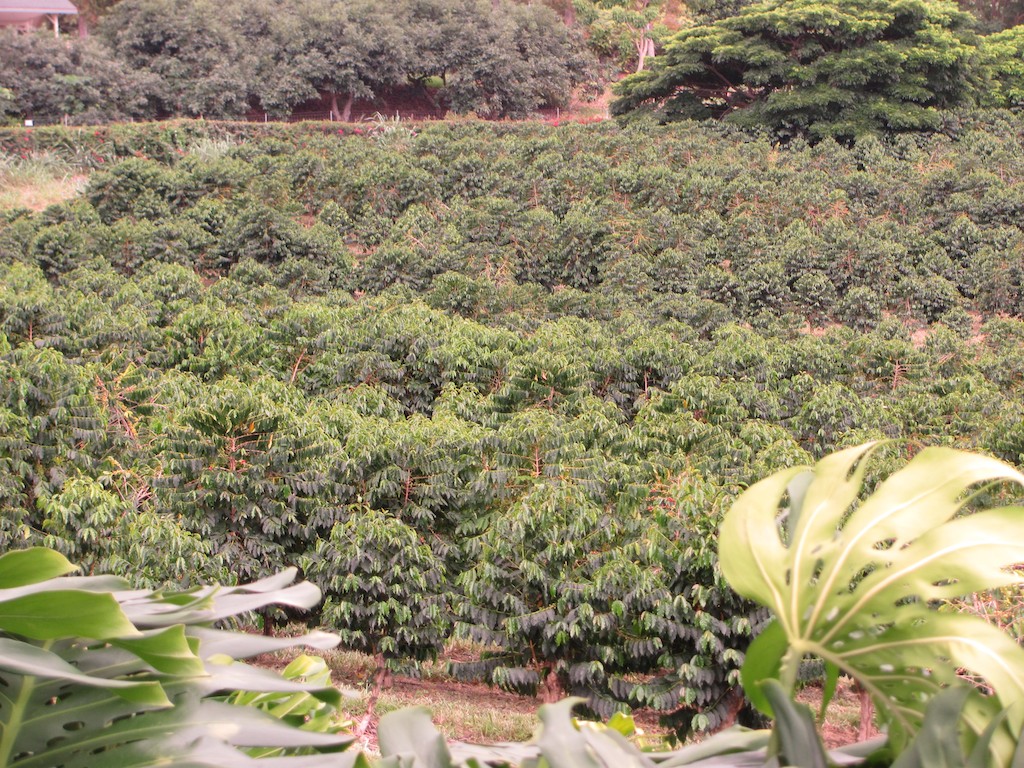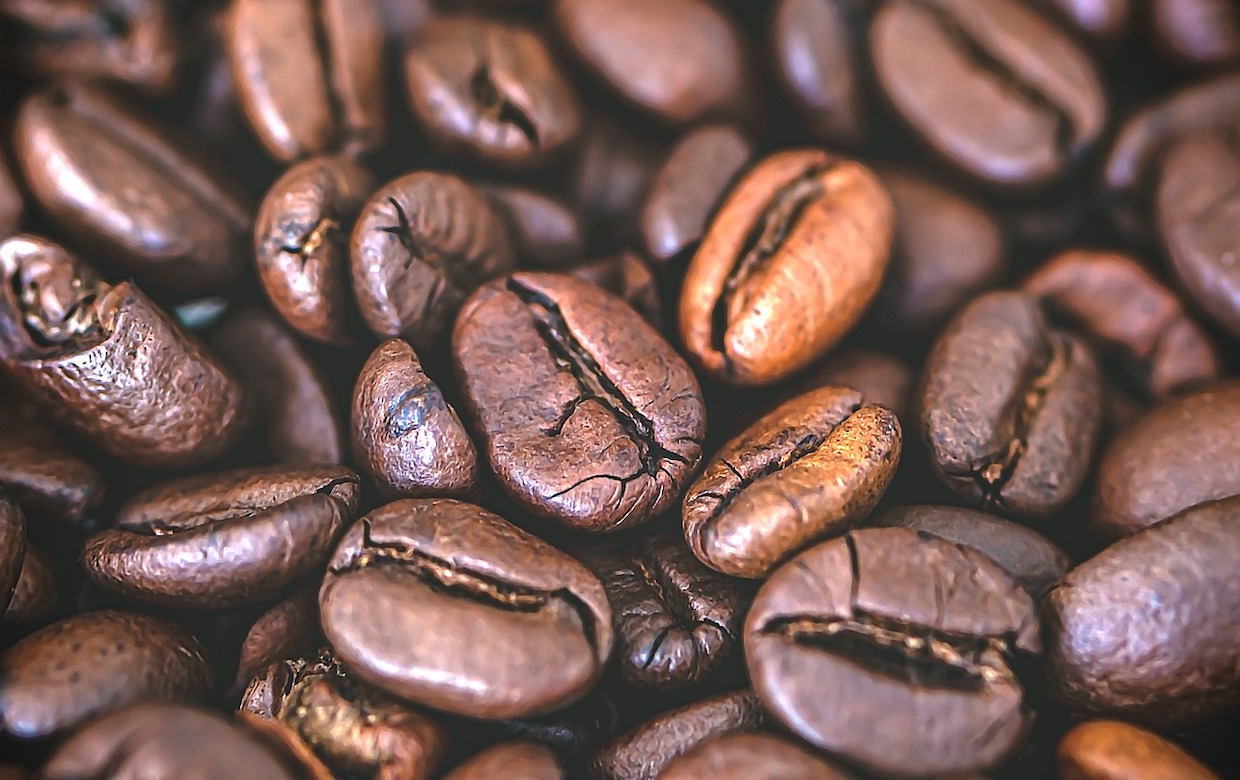
“Kona coffee” by mmmavocado is licensed under CC BY 2.0.
The Hawaii State Legislature yesterday approved a bill that may dramatically reshape how Hawaiian-grown coffees are packaged and sold.
The bill calls for coffee blends bearing the name of any growing region in the state, such as the famed Kona region, to contain at least 51% coffees from that region by weight, as opposed to the current 10%.
The bill, House Bill 2298 CD1, is expected to be signed into law by Hawaii Gov. Josh Green, a Democrat, with enforcement slated to take effect July 1, 2027.
“This initiative is about protecting Kona’s world-renowned coffee and ensuring that local farmers receive the prices they deserve for their products, and that dollars stay in Hawaii’s economy,” Rep. Nicole E. Lowen, part of a group of Democratic legislators that introduced the bill, said in an announcement yesterday. “The percentage of Kona Coffee required for it to be labeled Kona should be 100%, but given that this is the first progress made on this in more than thirty years, it’s a huge win.”
A state law in 1991 set the 10% requirement for blends marked with Hawaiian regional names. Since that time, numerous state legislators have put forth bills calling for higher minimum requirements. Until yesterday, none of those previous bills had passed through the committee stage.
Also since 1991, Kona coffee farmers have engaged in civil litigation against prominent coffee sellers who sold coffee bearing the Kona name but allegedly contained little or no Kona coffee. A string of lawsuits has resulted in at least $33 million in settlements and $5.8 million in attorneys’ fees.
The current bill drew support from the Hawaii Coffee Association and from the Kona Coffee Farmers Association, whose president recently described the existing 10% law as a “30-year curse” on the Kona coffee industry.
The approved coffee labeling bill followed a mandated impact report commissioned by the Hawaii Department of Agriculture last year that explored how changes to labeling laws might affect the Hawaiian coffee industry. That found “clear economic justification to increase the minimum content requirement for Kona” due to its value in the marketplace.
The Hawaiian coffee industry remains distinct in that it is the only large-scale coffee growing region within the world’s largest coffee-consuming country.
Comments? Questions? News to share? Contact DCN’s editors here.
Related Posts
Nick Brown
Nick Brown is the editor of Daily Coffee News by Roast Magazine.







Comment